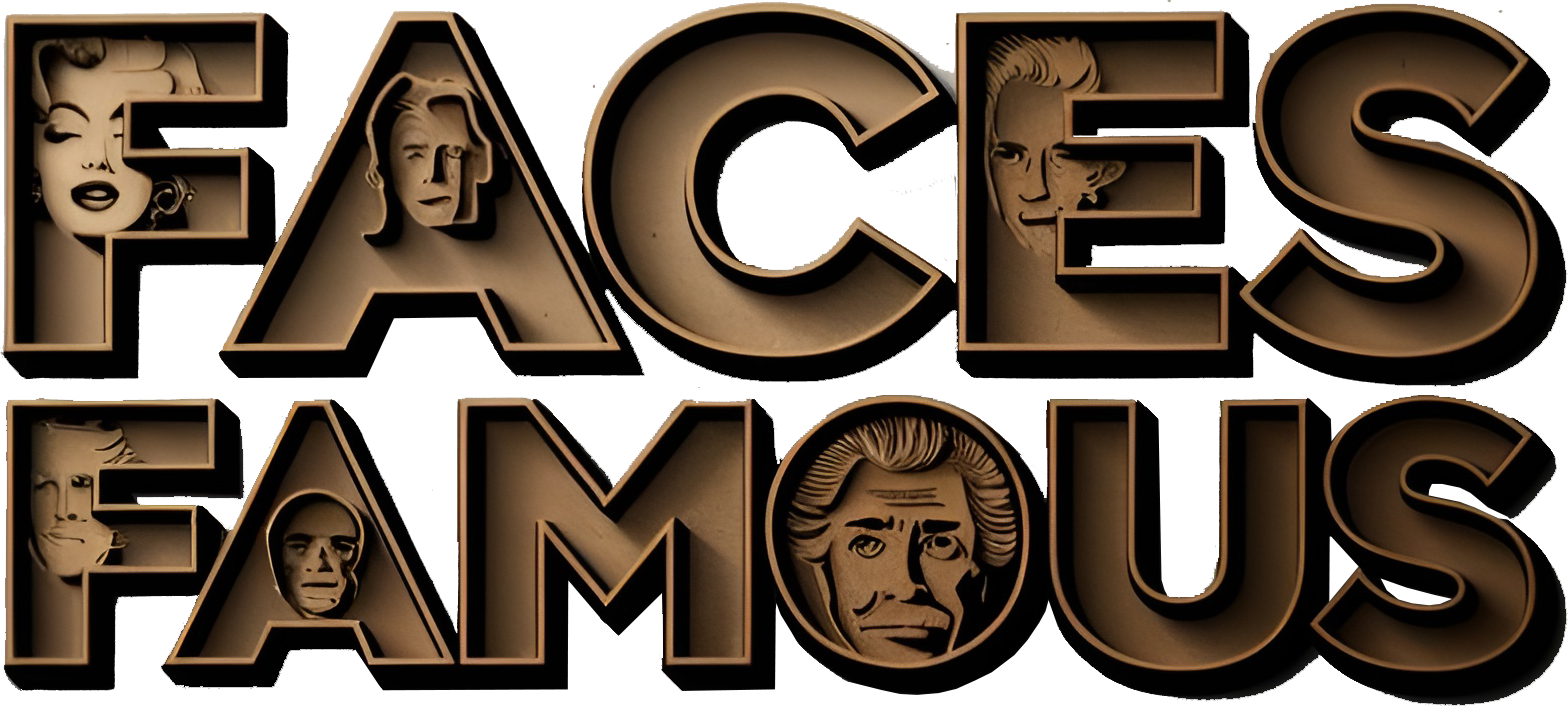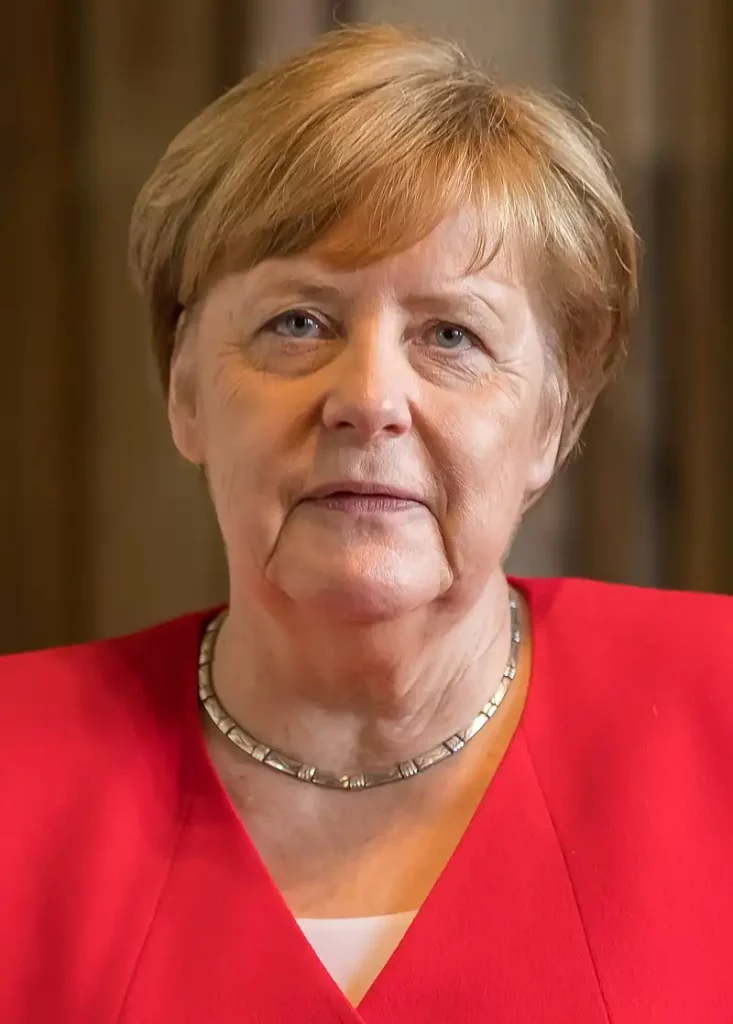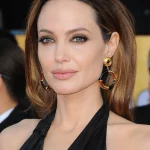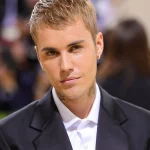Angela Merkel is a German politician and scientist who served as the Chancellor of Germany from 2005 to 2021, making her one of the most influential and long-serving leaders in modern European history. Known for her pragmatic approach, calm leadership, and ability to navigate complex political challenges, Merkel played a pivotal role in shaping Germany’s position as Europe’s economic powerhouse and guiding the European Union (EU) through some of its most difficult crises.
Early Life and Education
Angela Dorothea Kasner was born on July 17, 1954, in Hamburg, West Germany, but grew up in the town of Templin in what was then East Germany (the German Democratic Republic, GDR). Her father, Horst Kasner, was a Protestant pastor, and her mother, Herlind Kasner, was a teacher of Latin and English. The Kasner family moved to East Germany when Angela was a baby, where her father took up a pastoral position. As a result, Merkel spent her formative years under the communist regime of East Germany, an experience that shaped her political views.
Merkel was an exceptionally bright student with a strong aptitude for science and mathematics. She attended the University of Leipzig, where she studied physics from 1973 to 1978. She then earned a PhD in Physics in 1986 from the Central Institute for Physical Chemistry at the Academy of Sciences in East Berlin, where she specialized in quantum chemistry.
Early Political Career
Merkel’s political career began somewhat unexpectedly after the fall of the Berlin Wall in 1989, an event that catalyzed the reunification of Germany. During this period of immense change, Merkel joined a new democratic movement called Democratic Awakening, which supported the transition to democracy in East Germany. Following reunification in 1990, she became a member of the Christian Democratic Union (CDU), one of Germany’s major political parties.
Merkel’s rise within the CDU was swift. In 1991, she was appointed Minister for Women and Youth by then-Chancellor Helmut Kohl. Kohl became a mentor figure for Merkel, famously referring to her as “das Mädchen” (“the girl”). Just a few years later, she was named the Minister for the Environment, Nature Conservation, and Nuclear Safety, where she gained significant recognition for her work on climate and environmental issues.
In 1999, a political scandal involving the CDU’s finances led to Kohl’s fall from grace, which opened the door for Merkel’s ascent. She became the Secretary-General of the CDU in 1998, and in 2000, she was elected Leader of the CDU, making her the first woman to hold the position.
Chancellor of Germany (2005-2021)
Merkel’s election as Chancellor of Germany in 2005 marked a historic moment: she became the country’s first female chancellor, as well as the first from the former East Germany. Over her 16 years in office, Merkel became known for her cautious, methodical leadership style, often referred to as “Merkelism”—a form of governance based on pragmatism, compromise, and consensus-building.
During her tenure, Merkel managed several major crises that shaped both Germany and Europe:
1. The Eurozone Debt Crisis (2009-2014)
One of Merkel’s earliest challenges as chancellor came with the Eurozone debt crisis, which was triggered by Greece’s financial collapse and spread to other European countries. Merkel, along with other EU leaders, played a crucial role in negotiating massive bailout packages for Greece and other struggling economies like Portugal, Ireland, and Spain. Merkel’s insistence on austerity measures and fiscal responsibility earned her both praise for stabilizing the Eurozone and criticism from those who felt her policies imposed undue hardship on affected countries.
2. The Migrant Crisis (2015-2016)
Another defining moment in Merkel’s leadership was the European migrant crisis in 2015, when millions of refugees, mainly from Syria, Afghanistan, and Iraq, sought asylum in Europe. Merkel made the bold decision to welcome nearly 1 million refugees into Germany, famously stating, “Wir schaffen das” (“We can do this”). While her humanitarian stance was praised internationally, it was highly controversial domestically and led to the rise of right-wing populism in Germany, particularly the Alternative for Germany (AfD) party.
3. Climate Change
A scientist by training, Merkel has been a staunch advocate for climate change action throughout her political career. Under her leadership, Germany committed to reducing greenhouse gas emissions and invested heavily in renewable energy sources like wind and solar. Merkel played a significant role in shaping the EU’s climate policy, pushing for ambitious carbon reduction targets.
Her government’s decision to phase out nuclear energy in the aftermath of the 2011 Fukushima disaster in Japan marked a significant shift in Germany’s energy policy, accelerating the country’s transition to renewables through the Energiewende initiative.
4. COVID-19 Pandemic
Merkel’s final years as chancellor were defined by the global COVID-19 pandemic. Her science-based approach and calm demeanor during the crisis were widely praised. Merkel’s government implemented strict lockdown measures, introduced economic support packages, and led efforts for vaccine procurement within the EU. While Germany’s initial handling of the pandemic was effective, later waves of the virus, along with slow vaccine rollouts, led to criticism.
Leadership Style and Legacy
Merkel’s leadership was marked by her ability to remain calm in the face of crises, her analytical approach, and her focus on pragmatism over ideology. She was often seen as a stabilizing force not only for Germany but for Europe as a whole. Her consensus-driven, cautious style earned her the nickname “Mutti” (Mom) among Germans, reflecting the sense of security and reliability she provided.
On the global stage, Merkel emerged as a defender of liberal democracy and multilateralism, especially during times when authoritarianism and nationalism were on the rise in many parts of the world. She became an important leader within the European Union, helping to maintain European unity during tumultuous times.
However, her legacy is not without its criticisms. While Merkel was a master of crisis management, critics argue that she lacked bold, visionary reforms in areas like infrastructure, digitalization, and inequality. Additionally, her handling of the migrant crisis, while hailed by many as a moral stand, left deep political divisions in Germany and across Europe.
Personal Life
Angela Merkel is known for her reserved, private nature, which contrasts with many other high-profile politicians. She married her first husband, physicist Ulrich Merkel, in 1977, but they divorced in 1982. In 1998, she married Joachim Sauer, a chemistry professor, with whom she shares a deep love for science. Merkel and Sauer have no children.
Outside of politics, Merkel enjoys simple pleasures such as hiking, cooking, and attending the opera. Despite her quiet demeanor, she is known for her sharp wit and sense of humor in private settings.
Retirement and Post-Chancellor Life
After serving four consecutive terms as Chancellor, Merkel did not seek re-election in 2021. Her departure marked the end of an era in German and European politics. Merkel’s decision to step down was widely respected, seen as a reflection of her desire to allow for political renewal within the CDU and Germany itself.
Since stepping down, Merkel has largely remained out of the public eye, dedicating time to rest and reflection. Many believe that Merkel’s influence will continue to shape German and European politics for years to come.
Conclusion
Angela Merkel is one of the most respected and enduring political figures of the 21st century. Her leadership during key moments of crisis—whether economic, humanitarian, or global—cemented her status as a steady and pragmatic leader. Merkel’s commitment to consensus, diplomacy, and stability not only shaped modern Germany but also had a profound impact on the European Union and global politics. Her legacy as Germany’s first female chancellor, a champion of liberal democracy, and a voice of reason in turbulent times is assured.



